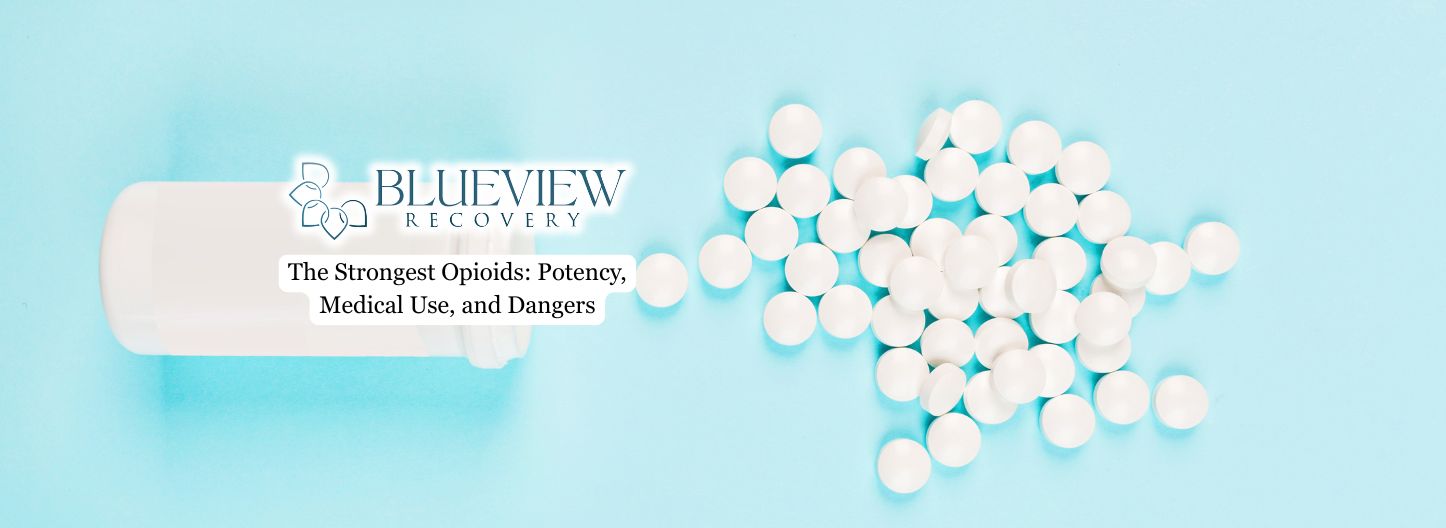The connection between trauma and substance use is one of the most important and often overlooked factors in understanding addiction. Whether it occurred in childhood or adulthood, the emotional scars can drive individuals to seek relief through alcohol or drugs as a way of coping with overwhelming pain.
This article explains what trauma is, why it’s linked to addiction, and how integrated care can support lasting recovery.

What Is Trauma?
Trauma is an emotional response to deeply distressing or life-threatening experiences that can leave lasting psychological and physical effects. It may result from events such as childhood abuse, domestic violence, the sudden loss of a loved one, accidents, natural disasters, or exposure to combat and community violence. Unlike everyday stress, mental calamity overwhelms the body’s ability to cope and reshapes how the brain processes emotions and memories.
Research shows it disrupts key brain regions, the amygdala becomes overactive, heightening fear; the hippocampus may shrink, leading to flashbacks and disorientation; and the prefrontal cortex becomes less active, reducing emotional control and decision-making. These changes keep the nervous system in constant alert, with stress hormones like cortisol elevated, leaving survivors feeling unsafe, disconnected, or emotionally unstable even when no immediate danger exists.
The Link Between Trauma and Substance Use
Survivors of psychological distress may struggle with intrusive memories, chronic anxiety, hyperarousal, or a sense of emotional numbness. When natural coping mechanisms fail, many turn to substances for temporary relief.
Alcohol, opioids, or stimulants may provide fleeting calm, escape, or energy, filling the gaps where the brain’s stress systems have broken down. This reliance is often described as self-medication. While substances may seem to soothe symptoms in the short term, they disrupt the brain’s natural ability to regulate mood and stress, creating a dangerous feedback loop. The brain’s reward system, which normally uses dopamine and endorphins to regulate pleasure and motivation, eventually becomes hijacked, making substances feel especially reinforcing for survivors.
Reports show that individuals with a history of emotional distress are far more likely to misuse substances, with those suffering from post-traumatic stress disorder (PTSD) at particularly high risk. The combination of intrusive symptoms, heightened arousal, and impaired emotional regulation makes the pull of substances strong, yet ultimately destructive.
Because of this strong link, trauma-informed care has become essential in addiction treatment, ensuring that recovery not only addresses substance use but also the unresolved anguish driving it.
How Trauma Influences Substance Use Behavior
The neurobiological and psychological changes caused by negative incidents increase vulnerability to addiction in multiple ways:
- Brain chemistry shifts – Trauma alters the brain’s reward pathways, making drugs and alcohol feel more powerful and harder to resist.
- Stress response dysfunction – Overactive cortisol and adrenaline levels drive cravings and reinforce compulsive behaviors.
- Emotional regulation difficulties – Survivors may struggle to manage anger, sadness, or fear, turning to substances as a shortcut for relief.
- Impaired decision-making – Reduced prefrontal cortex activity lowers impulse control, increasing the likelihood of risky or addictive behaviors.

Common Substances Used by Trauma Survivors
Alcohol is one of the most common, frequently used to dull painful emotions or ease social anxiety. Prescription opioids and sedatives are often sought for both physical pain relief and the calming of severe anxiety or insomnia.
Others may turn to illicit drugs such as cocaine, heroin, or methamphetamine, using them either to elevate mood and energy or to intensify emotional numbing. In each case, the pattern of use reflects a survivor’s attempt to restore balance, whether by escaping distress, finding stimulation, or silencing overwhelming emotions.
Signs and Symptoms of Substance Use Linked to Trauma
Common warning signals may include withdrawal from loved ones and increased secrecy, sudden mood swings or noticeable personality changes, and declining work or school performance.
Physical health issues related to substance misuse often emerge as well, alongside growing tolerance and other indicators of dependence. When these patterns appear in someone with a history of trauma, it is a strong signal that professional help may be necessary.
Treatment Approaches for Trauma-Induced Substance Use
Healing is possible, but effective recovery requires addressing both psychological suffering and addiction at the same time.
Evidence-based approaches include:
- Integrated therapy – treats emotional suffering and substance use simultaneously rather than in isolation.
- Cognitive Behavioral Therapy (CBT) – restructuring harmful thought patterns linked to psychological injury and addiction.
- Eye Movement Desensitization and Reprocessing (EMDR) – reducing the emotional intensity of distressing memories.
- Dialectical Behavior Therapy (DBT) – trauma-focused DBT helps in building healthy coping strategies and emotional regulation skills.
Final Thoughts from Blueview Recovery
The relationship between trauma and substance use is complex, with many survivors turning to substances as a way to cope with overwhelming emotions or intrusive memories. While this may bring temporary relief, it often leads to long-term consequences such as dependency, health struggles, and emotional instability.
At Blueview Recovery, we specialize in trauma-informed addiction treatment that emphasizes safety, empathy, and connection. Our experienced team in King of Prussia, PA, provides a supportive, nonjudgmental environment where clients can process the past and develop healthier ways to navigate the present. By combining evidence-based care with compassionate support, we help individuals move beyond survival and build a foundation for lasting recovery.





